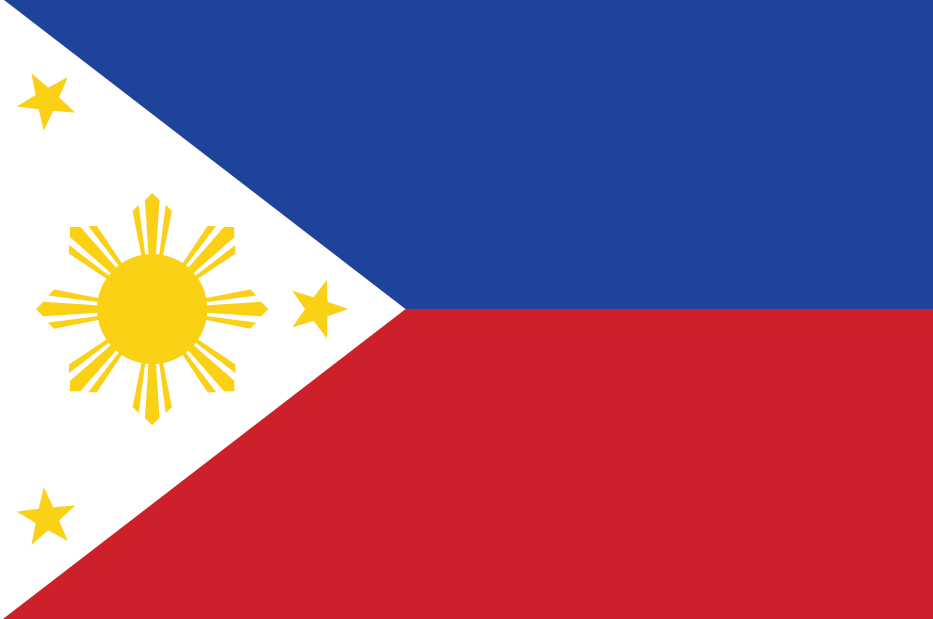
Sustainability Efforts
Country: Philippines
Explore sustainability efforts in Philippines. The United States Environmental Protection Agency (“EPA”) said it well when they state:
“Sustainability is based on a simple principle: Everything that we need for our survival and well-being depends, either directly or indirectly, on our natural environment. To pursue sustainability is to create and maintain the conditions under which humans and nature can exist in productive harmony to support present and future generations.”
About Philippines
The Philippines, located in Southeast Asia, is an archipelago known for its stunning beaches, vibrant culture, and warm hospitality. It offers a mix of bustling cities like Manila and natural wonders like the Banaue Rice Terraces and Palawan’s Underground River. The country’s rich history is evident in Spanish colonial architecture and UNESCO World Heritage sites. The Philippines is home to diverse marine life, making it a popular destination for diving and island hopping. Filipino cuisine, with dishes like adobo and halo-halo, is a delicious blend of flavors. The country’s festivals, such as the lively Sinulog and colorful Ati-Atihan, showcase its vibrant traditions. Sustainability efforts in Philippines will enhance the country’s future.
Sustainability Efforts
Toggle each button below to “open” and “close” the presented data.

Poverty alleviation remains a top priority for the Philippines. The nation's social welfare programs, such as the Pantawid Pamilyang Pilipino Program (4Ps), aim to uplift vulnerable families through conditional cash transfers. The pursuit of inclusive economic growth and investment in rural development contributes to reducing poverty rates.

Food security is a crucial concern in the Philippines, especially in regions vulnerable to natural disasters and climate impacts. The government's focus on agricultural modernization, sustainable farming, and food fortification endeavors to ensure adequate nutrition for all citizens.

Enhancing healthcare access and quality is pivotal in the Philippines' pursuit of sustainable development. The nation's investments in healthcare infrastructure and public health programs seek to improve health outcomes and reduce maternal and child mortality rates.

Education is highly valued in the Philippines, with a focus on expanding access to quality education. The government's commitment to increasing educational facilities and providing scholarships supports the development of skilled human capital.

Promoting gender equality and women's empowerment is integral to the Philippines' vision of inclusive development. The nation's efforts to combat gender-based violence and promote women's participation in the workforce and politics contribute to fostering a more equitable society.

Ensuring access to clean water and sanitation is a priority for the Philippines, particularly in rural and marginalized communities. The government's initiatives to improve water infrastructure and promote water conservation play a vital role in protecting public health and the environment.

The Philippines' commitment to renewable energy is evident in its pursuit of sustainable energy solutions. Investments in solar, wind, and geothermal power projects aim to reduce the nation's dependence on fossil fuels and advance towards a low-carbon future.

As a developing nation, the Philippines strives for inclusive economic growth and diversification. The government's focus on infrastructure development and investment-friendly policies creates opportunities for sustainable economic progress.

Innovation and technological advancements drive the Philippines' economic transformation. The nation's support for research and development initiatives and fostering a culture of innovation contribute to enhancing productivity and competitiveness.

Addressing inequalities is central to the Philippines' development agenda. Social programs and policies aimed at uplifting marginalized communities and providing access to basic services foster a more inclusive society.

Urbanization poses challenges in managing the Philippines' growing cities sustainably. Investments in sustainable urban planning, public transportation, and waste management seek to create livable and resilient urban centers.

Promoting responsible consumption and production is fundamental to preserving the Philippines' natural resources and ecosystems. Sustainable practices in agriculture, fisheries, and waste management underscore the nation's commitment to environmental conservation.

As a nation vulnerable to climate change, the Philippines is at the forefront of climate action. The government's advocacy for climate resilience, disaster preparedness, and conservation of natural habitats contributes to global efforts to combat climate change.

The Philippines' marine biodiversity is among the richest in the world. Efforts to protect coral reefs, establish marine protected areas, and promote sustainable fishing practices safeguard the nation's aquatic environment and fisheries.

Promoting peace and justice is integral to the Philippines' sustainable development. The government's commitment to upholding the rule of law, strengthening judicial institutions, and combating corruption fosters social cohesion and stability.

The Philippines' diverse ecosystems, including its tropical rainforests, hold immense ecological significance. The nation's dedication to forest conservation and wildlife protection plays a vital role in preserving its natural environment.

Recognizing the importance of collaboration, the Philippines engages in regional and international partnerships to address shared challenges and achieve sustainable development. Cooperation with neighboring countries and global organizations enhances the nation's capacity to achieve its development agenda.



